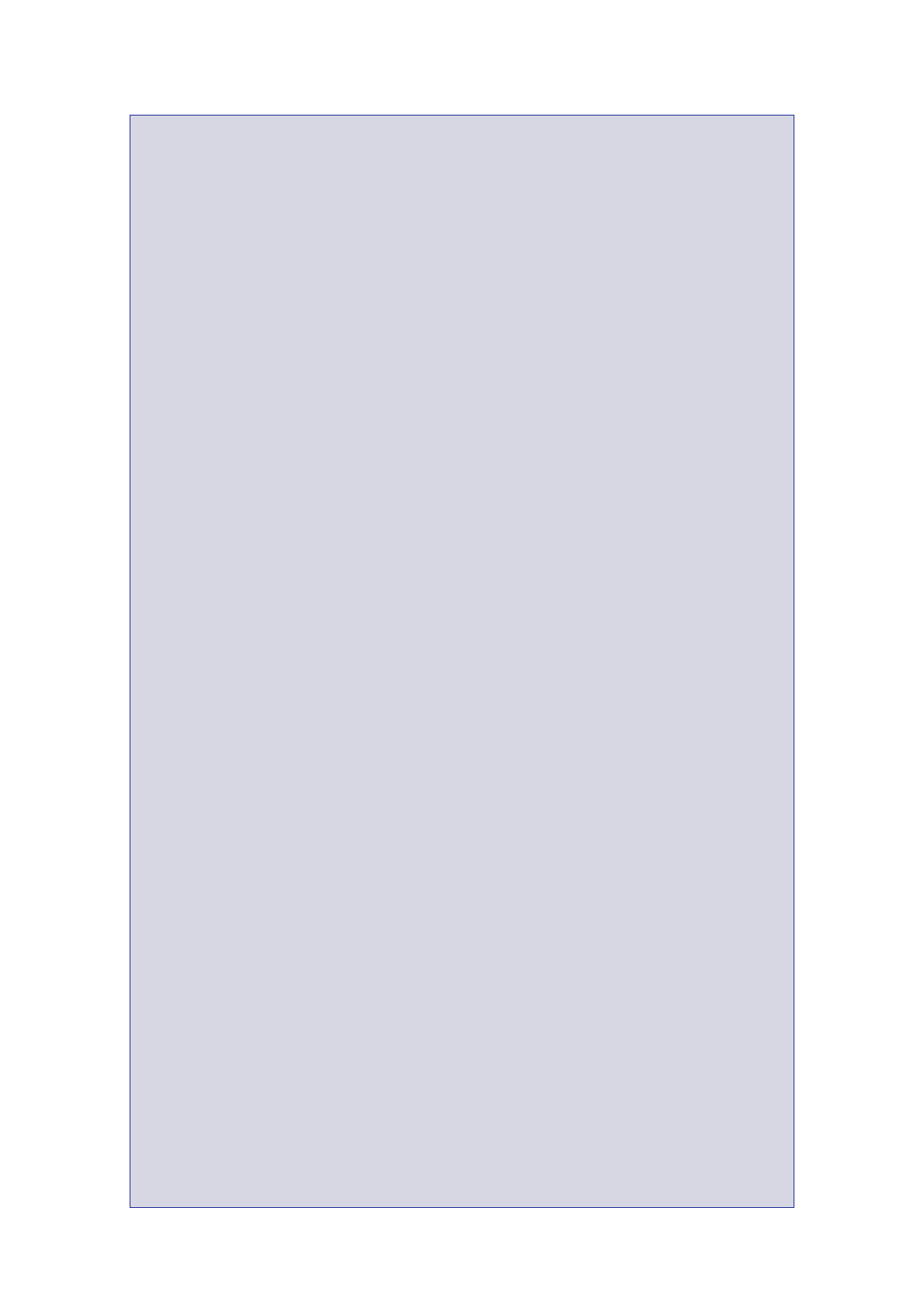
3.5 |
Development of UK strategy and options, September to November 2002
–
the
negotiation of resolution 1441
buildings,
schools and private homes. Duplicate and non‑essential papers had
been
destroyed
and the remaining archives had been split up and hidden in the
homes of
trusted
officials. In the absence of specific intelligence, the prospects
of successfully
finding
illicit material at such sites is very limited … Iraq will use
widespread media
coverage to
exploit any UNMOVIC failures to find anything of significance at
any
sites,
including presidential palaces, to undermine public opinion in the
need for
inspections.
Iraq is likely to seek to move the onus of responsibility away from
it
having to
prove its compliance onto the inspectors to justify their
activity.”
Iraq was
“exploiting dual‑use sites and mobile production facilities” and
reporting indicated
that it was
“confident that any inspection of dual‑use facilities” would be
“unsuccessful”:
the
equipment could be used for legitimate purposes “and any
incriminating raw material
or
prohibited product would be removed before any inspection”. Iraq
had:
“…
developed transportable biological production facilities with the
intention of not
only making
it harder to target them but also difficult to find them. Iraq may
also have
dispersed
stocks of chemical and biological weapons away from suspect sites
to
avoid
detection. Intelligence indicates that Iraq has explored unorthodox
options for
delivering
chemical and biological weapons which means the weapons inspectors
will
have
difficulty knowing what to look for.”
Iraq was
“confident in its concealment plans”:
“The fact
that Saddam is prepared, temporarily, to allow sensitive equipment
out of
his
‘immediate’ control, indicates the importance he attaches to
retaining chemical
and
biological weapons and ballistic missiles.”
Commenting
on Iraq’s repeated statements that it had “nothing to declare and
no
documents
to reveal”, the Assessment stated:
“… the
longer inspectors remain in Iraq the greater the likely impact on
Iraq’s
development
programmes. UNMOVIC are more likely to come up with evidence
of
proscribed
activity at Iraq’s missile facilities than those associated with
the chemical,
biological
and nuclear programmes. We judged that production could continue
at
a much
reduced level whilst inspectors were in‑country. As the military
pressure
against Iraq
increases, its concealment policy could be undermined by the
Iraqi
requirement
to prepare its hidden stocks of chemical and biological missile
systems
for
military deployment.”
Prospects
for concealment
The JIC
judged that Iraq’s “emphasis on concealment and the limited
capabilities of
UNMOVIC”
meant that:
“… without
additional guidance to UNMOVIC, there is a serious risk that Iraq
could
prevent
inspectors from finding conclusive evidence of its WMD programmes
before
military
options start to close off in spring 2003. Nonetheless, Iraq’s
concealment
policy will
face some challenges. Inspections conducted under a tougher regime
than
allowed for
under UNSCR 1284 could, for example, allow interviews to be
conducted
without an
intimidating Iraqi presence, increasing the prospects for
obtaining
incriminating
evidence. And the changed political context, including the
clear
determination
of the US to bring about regime change, may itself encourage a
greater
intelligence
flow, which could enable UNMOVIC to discover substantive evidence
of
Iraq’s WMD
programme.”
275
